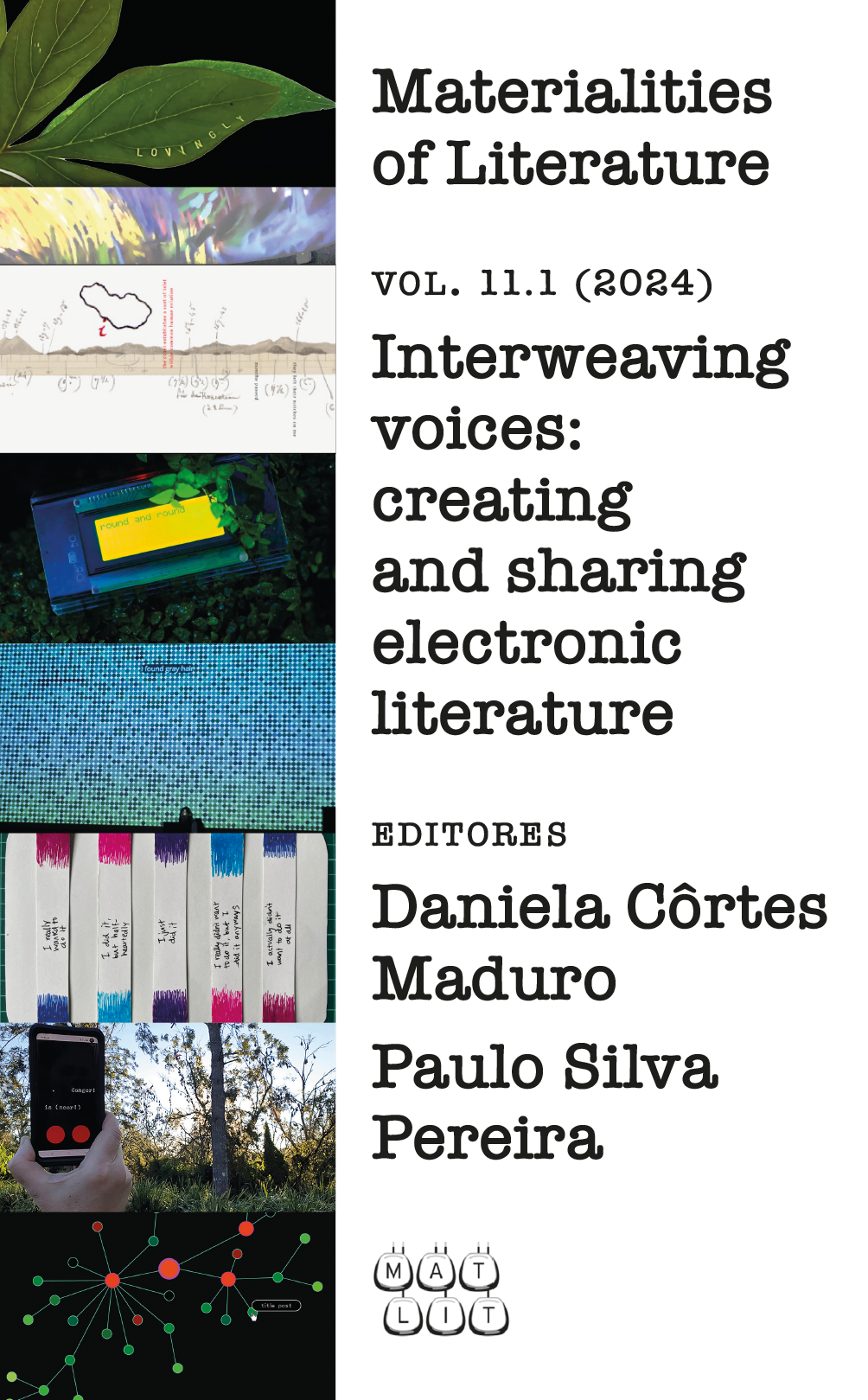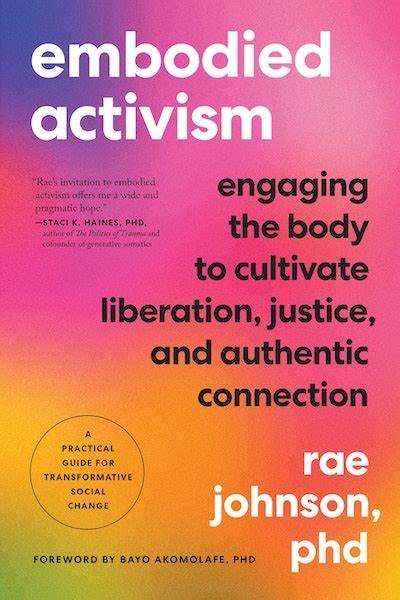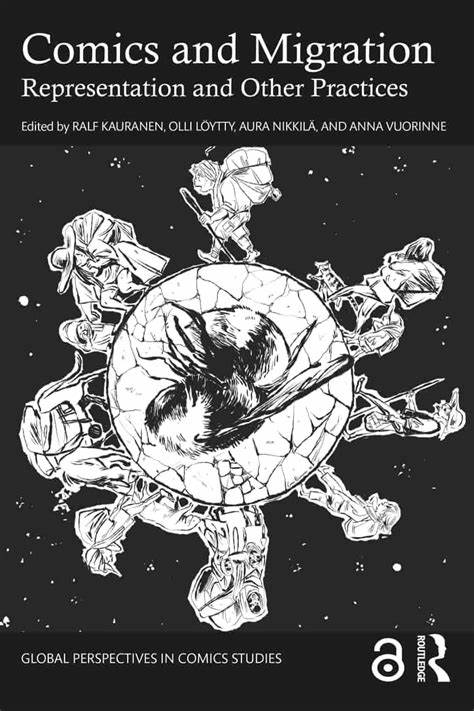Vol. 11 N.º 1 (2024): Entrelaçando vozes: criar e partilhar literatura eletrónica

A arte e a literatura respondemde forma compulsiva a transformações sociopolíticas. Seja abertamente dedicadas/os a causas sociais ou inevitavelmente engolidas/os por ondas de mudança, escritores/as e artistas são influenciadas/os por mudanças dramáticas motivadas por questões locais ou globais, como por exemplo, mudanças climáticas, crise económica, conflitos militares e políticas governamentais repressivas ou coercivas. O campo da literatura eletrónica, cuja contínua reconfiguração está ligada a avanços tecnológicos, não é exceção a esse padrão. Equipada com a omnipresença da tecnologia em rede, bem como com software que pode analisar e retratar a realidade com grande detalhe, a literatura eletrónica encontra-se munida de ferramentas adequadas para expressar preocupações ambientais e sociais e para expor regimes opressivos e corruptos. Fortemente experimental e focada numa jornada introspetiva que visa explorar a amplitude criativa de tecnologias emergentes, a natureza autorreflexiva da literatura eletrónica também é frequentemente mobilizada para desafiar perspetivas normativas sobre literatura e arte, bem como para desafiar preconceitos profundamente enraizados.
Este número do MATLIT está ligado à Conferência ELO 2023, "Overcoming Divides: Electronic Literature and Social Change", que advogou o desmantelamento de barreiras económicas, políticas, linguísticas e culturais, focando-se na relação entre arte e sociedade, bem como no potencial subversivo da literatura eletrónica. A ELO2023 decorreu no Convento São Francisco, de onde é possível avistar a Universidade de Coimbra, bem como a Alta e a Baixa de Coimbra, desafiando assim a assimetria social representada pela divisão entre a parte alta e a baixa da cidade. O ELO Conference 2023 Media Arts Festival ofereceu aos participantes, e ao público em geral, a oportunidade de assistir a dois serões de performances realizados no Teatro Académico Gil Vicente, visitar uma exposição no Convento São Francisco (Arborescent || Resistance) e uma exposição sobre literatura digital infantil (Kids e-Lit Exhibition: Read, Imagine, Play) que decorreu no Exploratório da UC - Centro Ciência Viva. Durante esta conferência, explorámos a forma como a literatura eletrónica usa a sua abordagem crítica sobre os média, bem como a sua estreita afinidade com a computação, para assumir uma postura socialmente comprometida. Numa altura em que os muros voltavam a erguer-se, esta conferência examinou o papel da literatura eletrónica no desmantelamento de novas e velhas barreiras entre pessoas. O presente número é o resultado das discussões conduzidas nesta conferência e tem como objetivo partilhar com o leitor o conhecimento reunido neste evento. Ligado a um segundo número, “Spreading the word: preserving and analysing electronic literature” [Espalhar a palavra: preservar e analisar a literatura eletrónica], que também apresenta artigos escritos por participantes na ELO2023, no presente número, os artistas escrevem sobre o seu próprio trabalho e usam o meio digital para expressar as suas preocupações sobre questões sociais e ambientais.
Os editores
Daniela Côrtes Maduro
Paulo Silva Pereira





